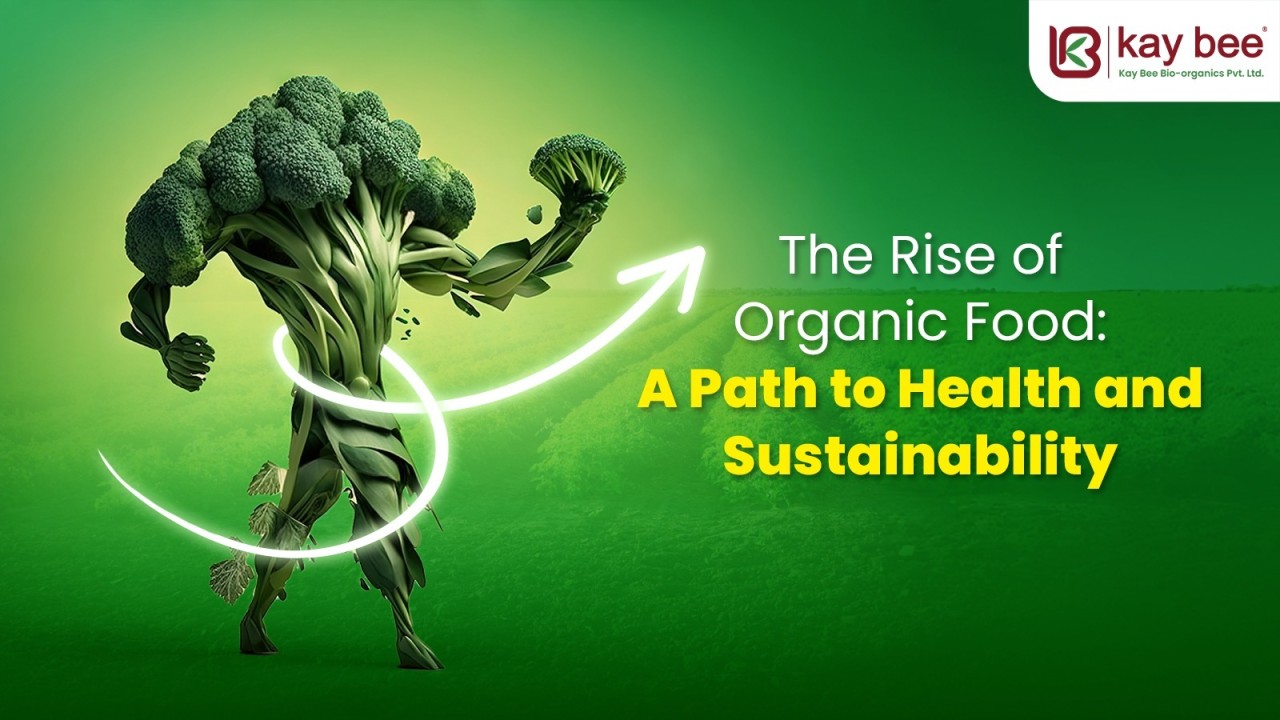Organic Food in Kuwait is quickly becoming more than a trend. It is turning into a lifestyle. With rising health concerns and growing awareness about the dangers of chemical-laden products, nearly 50% of Kuwaitis are shifting toward organic options. This marks a major transformation in the country’s food culture and consumer behavior.
Just a few years ago, organic food in Kuwait was considered expensive, unnecessary, or a luxury for the elite. But now, things have changed. More people from all backgrounds are making the switch as health becomes a top priority in daily life.
What Is Driving the Change?
The rapid growth of organic food in Kuwait can be linked to several key factors:
- Health Risks From Processed Foods
Many studies now link processed and chemically treated food with long-term health risks such as diabetes, heart disease, and cancer. As these concerns rise, more people are turning to organic food in Kuwait to avoid harmful additives and preservatives. - COVID-19’s Lasting Impact
The pandemic made people more health-conscious than ever. It created a strong desire to boost immunity, eat clean, and stay fit. This mindset has pushed Kuwaitis to explore cleaner and safer food options, leading to increased demand for organic food in Kuwait. - Lifestyle Diseases Are Increasing
With a growing number of people being diagnosed with obesity, high blood pressure, and type-2 diabetes, consumers are taking proactive steps. Organic food in Kuwait is being seen as a preventive measure against these issues. - More Awareness and Education
Campaigns by nutritionists, health bloggers, and organic brands have increased public knowledge. Consumers now understand the benefits of organic food in Kuwait more clearly than ever before.
What Makes Organic Food in Kuwait Popular?

Organic food refers to items grown or produced without synthetic chemicals, pesticides, hormones, or genetically modified organisms. The popularity of food in Kuwait is due to the belief that it is cleaner, healthier, and better for the body and the environment.
Products such as organic vegetables, fruits, dairy, poultry, and even snacks are now more available in both supermarkets and specialized stores. Restaurants and cafes across Kuwait are also beginning to offer organic options, responding to consumer demand.
Many parents are also choosing organic food in Kuwait for their children, fearing the long-term effects of artificial additives on young bodies.
Where Do People Get Organic Food in Kuwait?
The market for organic food in Kuwait is expanding fast. Here are some popular sources:
- Organic Supermarkets: Stores like SaveCo, Sultan Center, and LuLu Hypermarket now stock organic sections.
- Farmers’ Markets: Local farms are selling organic produce directly to consumers. This not only supports local businesses but also ensures fresher food.
- Online Stores: Websites and mobile apps are making it easier to buy organic food in Kuwait and have it delivered to your doorstep.
- Specialty Brands: Kuwaiti and international organic brands are now more visible on store shelves.
Challenges Facing Organic Food in Kuwait
While the growth is positive, there are still challenges to be addressed:
- Higher Prices: One of the biggest hurdles is the cost. Organic food in Kuwait is often more expensive due to production methods and import costs.
- Limited Supply: Demand is growing faster than supply. Local farms are still catching up to meet this rising interest in organic food in Kuwait.
- Trust and Certification: Some consumers are unsure if all products labeled “organic” are truly free of chemicals. Stronger regulations and clearer certifications are needed to build trust.
Despite these issues, the interest in organic food in Kuwait continues to grow steadily. Consumers are making long-term choices even if it means spending more for healthier options.
Government and Private Sector Support
The government and private businesses are both helping this green movement:
- Health Campaigns: Ministries are running awareness programs to promote healthy eating habits.
- Incentives for Organic Farming: Support is being given to local farms to encourage chemical-free farming.
- Business Opportunities: Entrepreneurs are entering the market with new organic food startups in Kuwait, making healthy food more accessible.
Several food expos and health fairs across the country now include organic food segments, helping educate the public and promote the growing industry.
What Experts Are Saying
Nutritionists and health professionals agree that this shift is a positive one. Many recommend organic food in Kuwait for its higher nutritional value and lower chemical content. While they note that eating balanced food is more important than eating organic alone, they support the rise of organic choices in the country.
Experts also highlight that if the organic movement continues to grow, prices could decrease over time, making organic food in Kuwait affordable for all.
The Road Ahead

The 50% shift toward organic food in Kuwait is not a short-term trend. It reflects a deeper awareness and concern about personal and family health. As more Kuwaitis take control of their diets and food choices, the demand for food is expected to grow even further in the next few years.
If more local farms adopt organic methods, and as awareness spreads, Kuwait could soon become a leading organic hub in the Gulf region. The public’s demand will continue to shape the market, encouraging supermarkets, brands, and restaurants to step up and meet their needs.
Final Thoughts
Organic food in Kuwait is rising rapidly, with health concerns pushing nearly half of the population to make a change. From local farmers to large retailers, everyone is responding to this shift in mindset. Although challenges remain, the future looks promising for a healthier, cleaner, and more organic Kuwait.
Do follow Gulf Magazine on Instagram
Also Read – Smart Food Packaging Trends in Kuwait to Cut Waste by 30%



